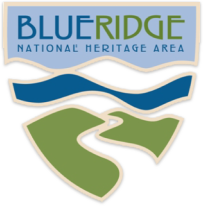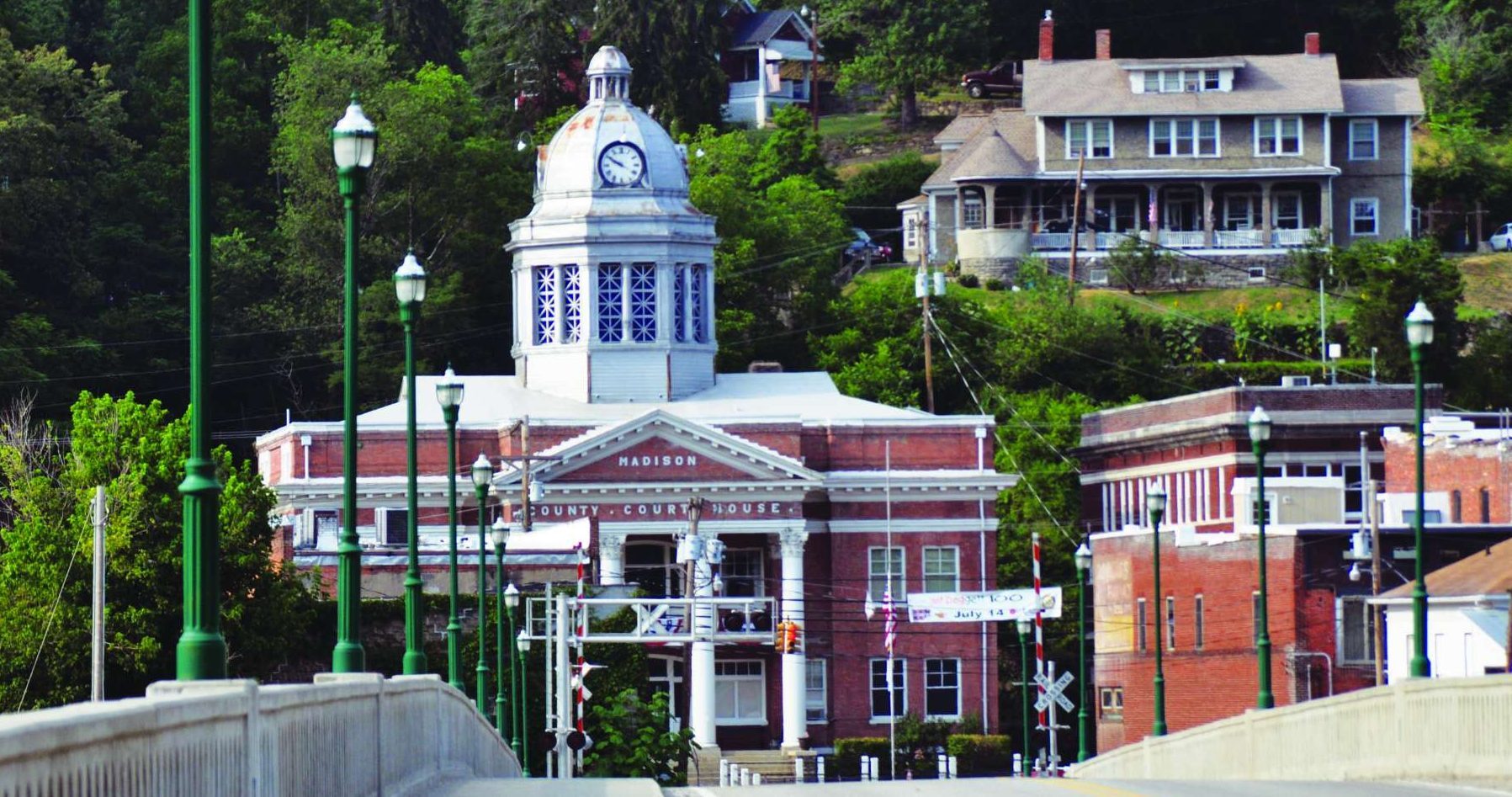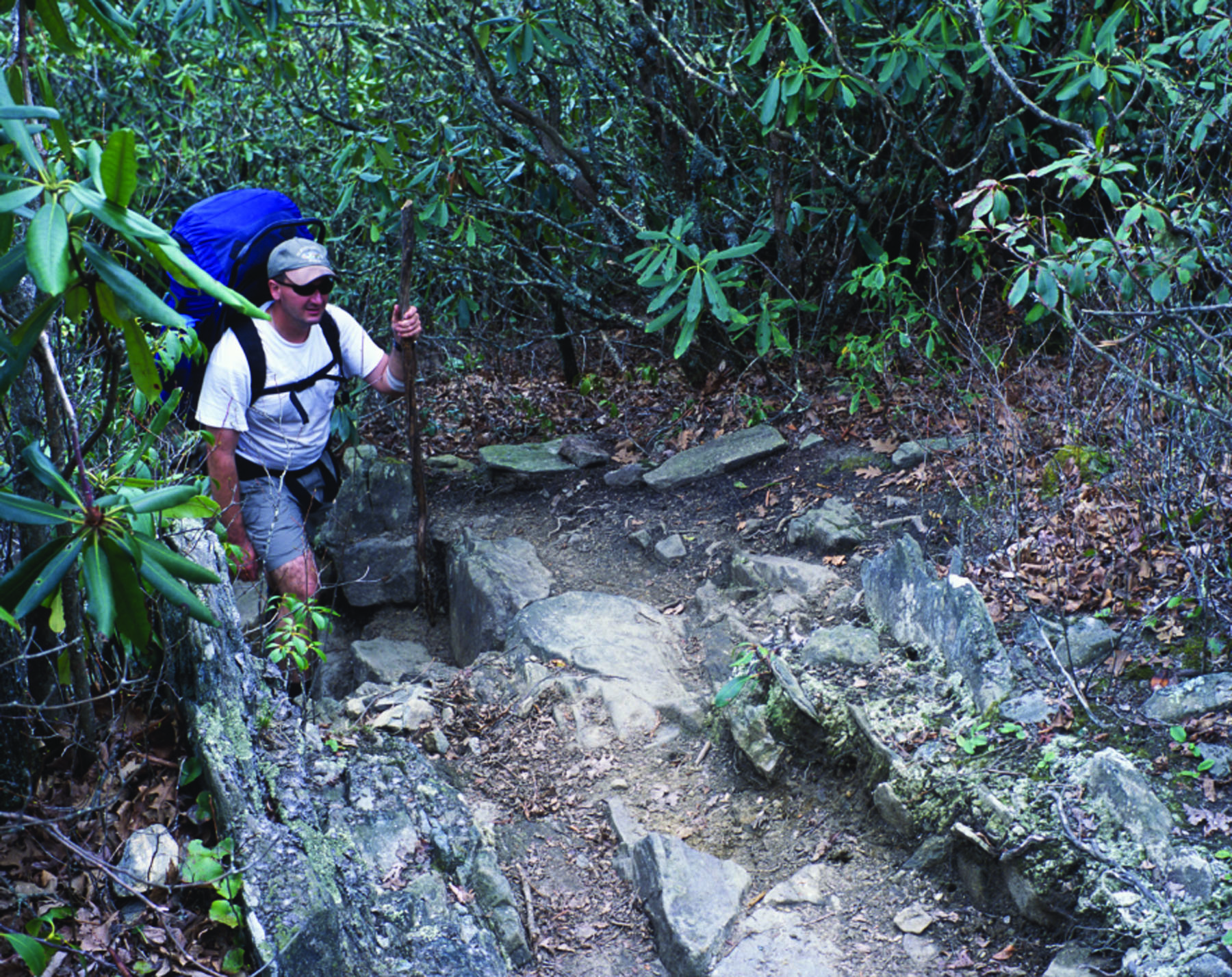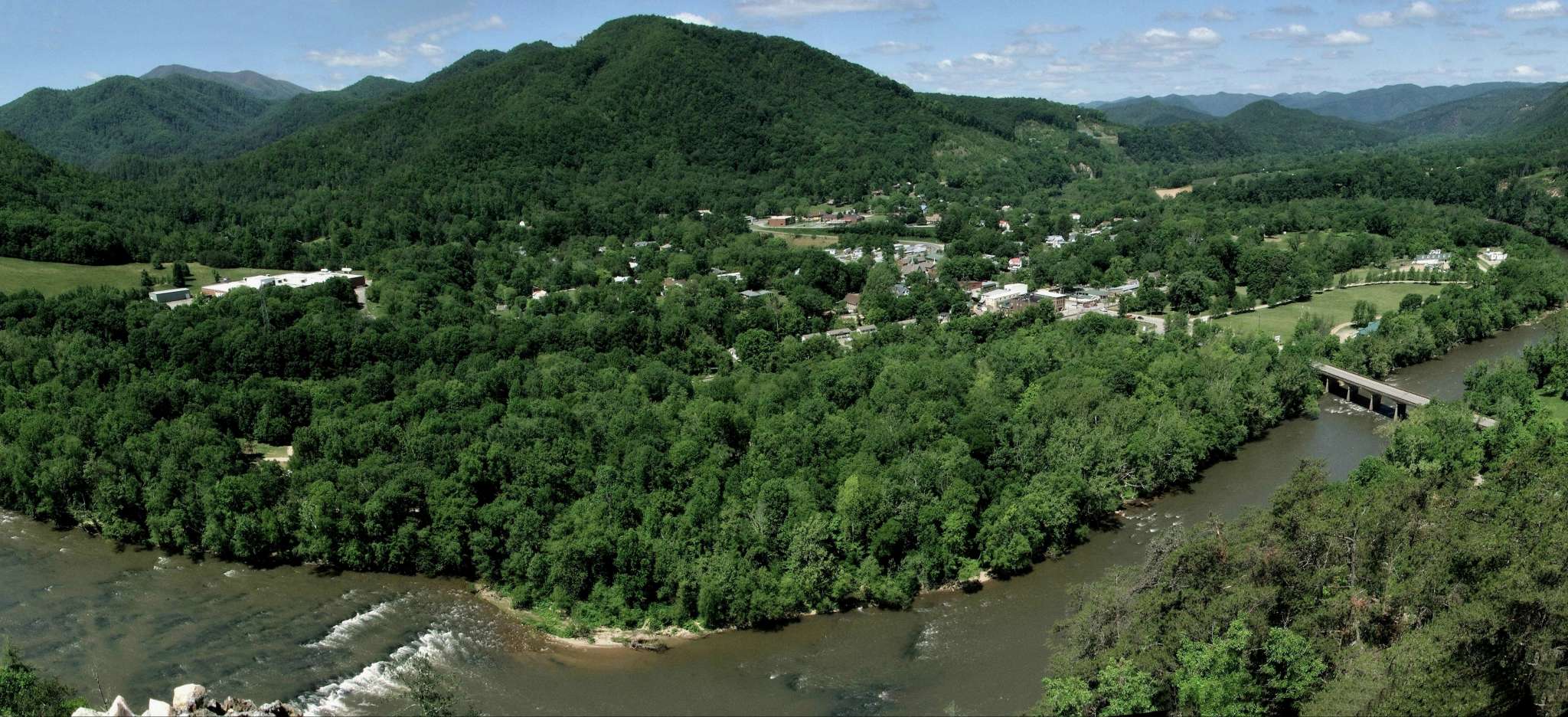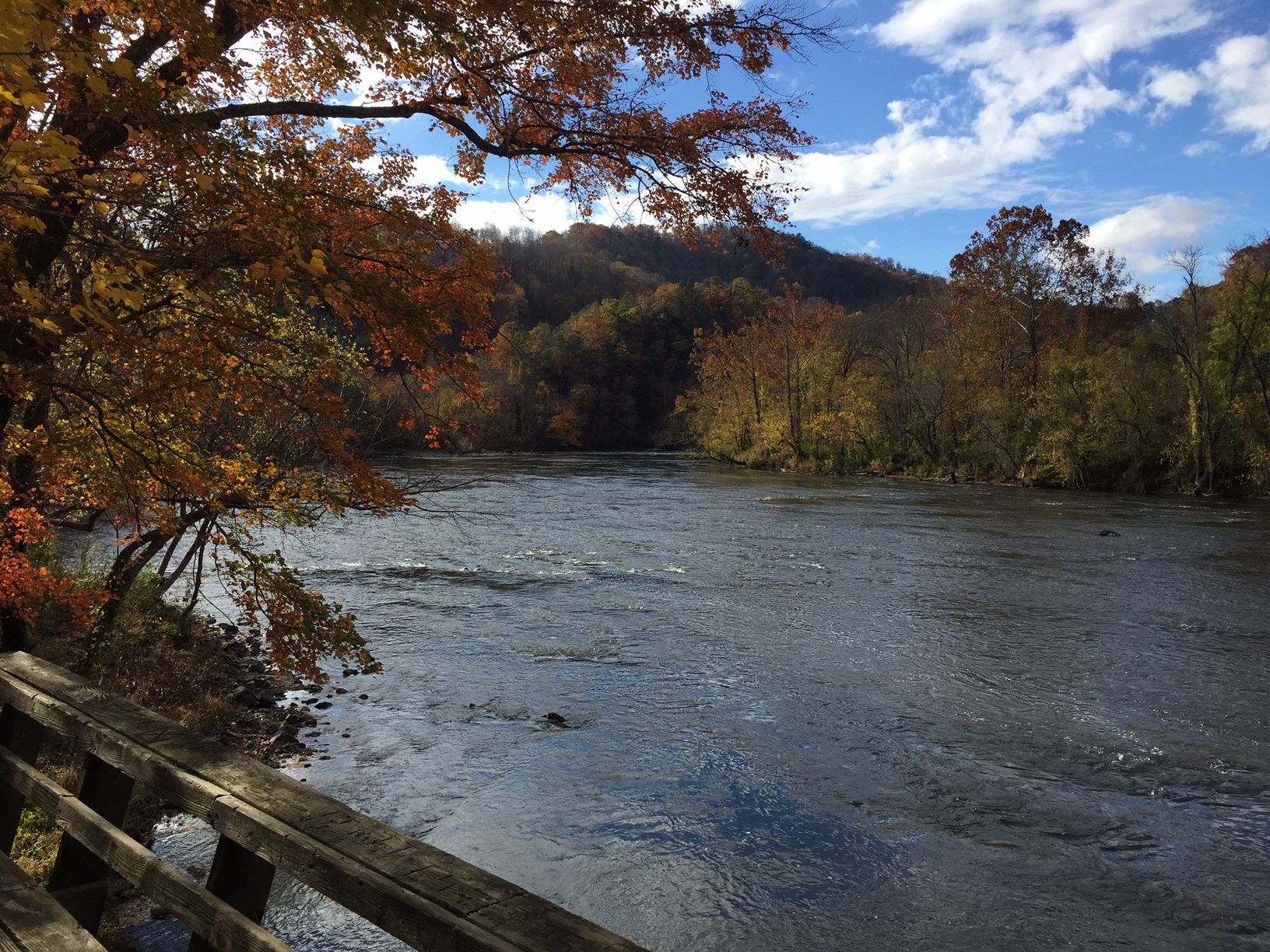
North Carolina’s French Broad River is the third oldest river in the world, older than the mountains it passes through. It is so old, in fact, that it is practically devoid of fossils.
French and Cherokee History
The river was named the French Broad to distinguish it from North Carolina’s other Broad River and because the territory into which it drained was held by the French. The Cherokees had several names for river, including Tah-kee-os-tee or “racing waters,” as well as Poe-li-co, Agiqua, and Zillicoah.
Outdoor Sports on the French Broad River
The French Broad River is a popular river for outdoor sports of all kinds. River outfitters offer guided trips along the 200-mile-long waterway ranging from whitewater rafting to gentle canoe trips.
The French Broad River now supports a wide variety of fish, including largemouth bass, brown and rainbow trout, and catfish. The Asheville riverfront has been revitalized with parks, artist studios, and other businesses.
From its beginning west of Rosman in Transylvania County to the border of Tennessee, the French Broad River is about 70 miles in length and is the largest watercourse in Western North Carolina. From its headwaters, the French Broad River flows northward through Brevard, Asheville, and Hot Springs into Tennessee, where it forms the Tennessee River.
For more information, contact:
Brevard area:
Transylvania County Tourism Development Authority
Brevard, NC
800-648-4523
Asheville area:
Buncombe County Tourism Development Authority
Asheville, NC
(828) 258-6101
Hot Springs area:
Madison County Visitors Center
Mars Hill, NC
(828) 680-9031
Toll Free: 1-877-262-3476

